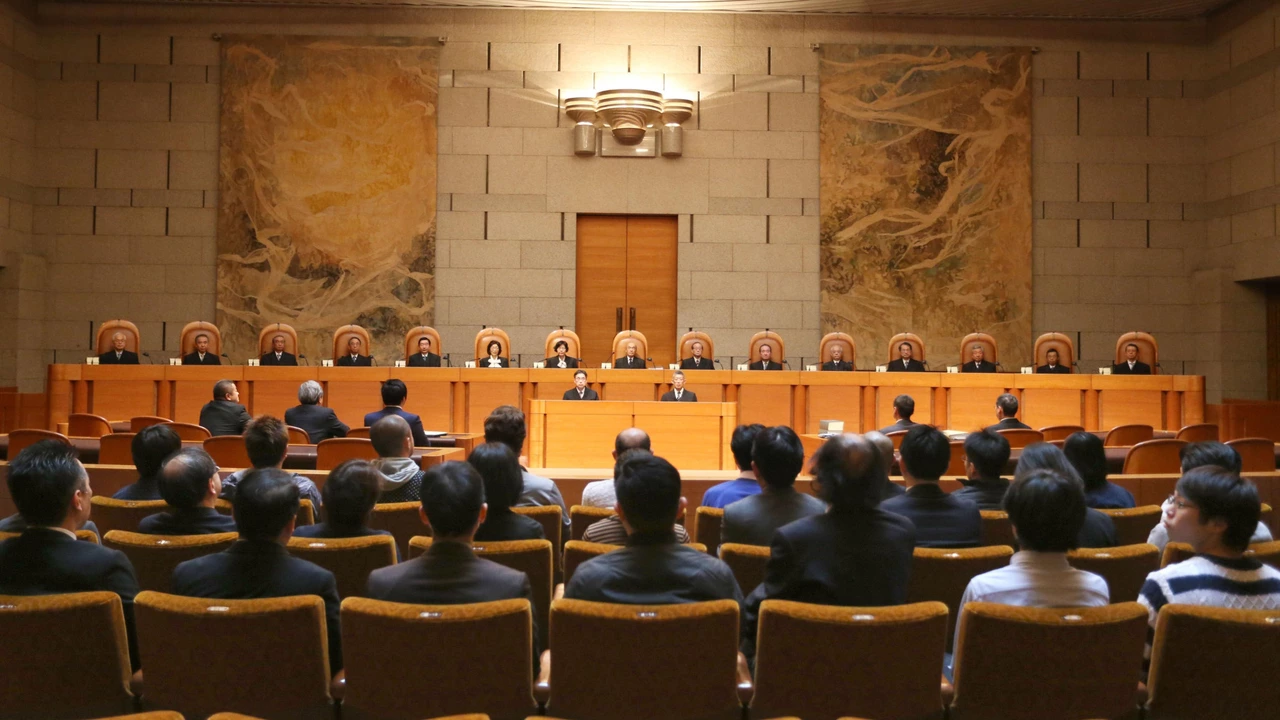The Decades-Long Discussion
Ever since the birth of independent India, one point of debate that has repeatedly made a comeback is the necessity of establishing a Supreme Court bench in South India. This question has reverberated within our judicial offices, legislative houses, academic halls, and, now, finally, into the realms of your favourite blog platform. Trust me, folks, the topic is more interesting than the name suggests. Plus, it invokes the right amount of intrigue, doesn't it? It's like enjoying a spicy Vindaloo - the spice level may make you squirm, but the aftertaste leaves you craving more.
Understanding the Mighty Apex
First things first, let’s start by gaining some perspective about the institution we’re discussing here: our very own Supreme Court. Now, this majestic monument of justice might seem like another government body, but what primarily separates it from the rest is its constitutional standing. This highest judicial forum, as per the Constitution of India, acts as the ultimate interpreter and guardian of the Constitution. It’s like that wise old owl sitting on the apex branch, ensuring balance and fairness in the realm. Well, slight deviation from the topic, but just the other day, my daughter Lavanya, a law student herself, was regaling us with tales of landmark judgments and the wisdom behind them at the dinner table. Trust me, it wasn't just the curry that was adding flavour to our evening.
Decoding the Demand
Moving on, let’s try to unearth why there has been a persistent demand for a Supreme Court Bench in South India all these years. To those uninitiated, it might appear an arduous task to navigate to Delhi, especially for those residing in the southern states, just to attend a court hearing. Add to that the financial implications, language barriers and logistical nightmares of the common litigant, and the problem becomes apparent. Now while Madhuri, my better half, often gently reminds me not to bring up languages at the dinner table (given how heaty the debates turn), it is fundamentally an important part of this discourse. Different languages, different laws, different administrative systems; these differences, rather than uniting us, are currently posing barriers to justice. And who wants that, right?
When Convenience clashes with Constitution
Now, some of you might ask, wouldn’t it be more convenient to have more benches across the country? Sure, as long as we ensure that the spirit of a unified judicial system enshrined in the Constitution isn’t compromised. Imagine this: you and your family have been happily living in a house with a single living room where all the decisions are made. Then, someone suggests making more living spaces for convenience. It does sound great, doesn’t it? My son, Siddhartha, would certainly appreciate having his own space without Lavanya 'accidentally' stumbling upon his secret stash of chocolates. However, what about the danger of these living areas becoming isolated rooms with different rules of order, potentially dividing the family rather than bringing it closer?
A Possible Solution or a Pandora’s box?
That is what our judicial fraternity has been grappling with for decades. A split court may impair the unity of the country and legal fraternity; it might add to confusion instead of reducing it. Think for a moment about the operational logistics of sharing case files, co-ordination, and maintaining consistency in judgments; might sound like a bad Pandora's box. But then, there’s also a saying that every problem has a solution, and it starts with believing there will be one. That, my friends, is the power of optimism. Or, as Madhuri puts it, "a belief married to an action plan."
Attuning to the Appeal
It is a delicate balance to strike, and one thing is certain, democratic debate cannot and should not be evaded. The architecture of justice must adapt and change to afford people, no matter where they reside, fair accessibility. Just like the ever-evolving kaleidoscope of Indian culture, perhaps our judiciary too needs to start reflecting that rich diversity to ensure justice for all. As a nation, it's important that we sensibly attune to these appeals, for they will shape the judiciary of tomorrow. And, as a dad, I hope for a future for Siddhartha and Lavanya where the scales of justice weigh equally for all, irrespective of where they live, what language they speak, or what curry they prefer!
